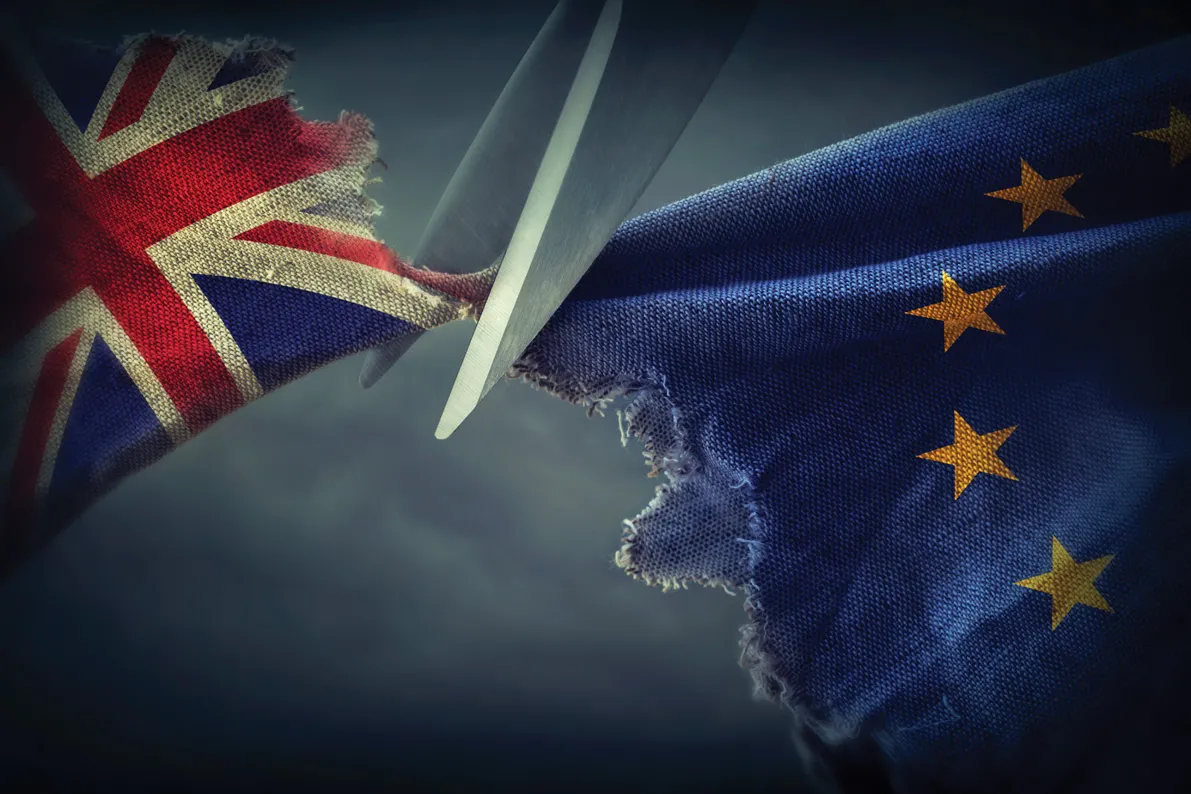In the run up to the United Kingdom vote on leaving the European Union in 2016, we started assessing the impacts to our clients’ pricing, marketing and sales strategies, researching consumer and business sentiment as we went. Following the vote, the 1,745 days of national debate, uncertainty and political wrangling felt like a lifetime, however we can now finally write our final ‘Brexit’ article. During our final Brexit survey in December 2020 we saw there was still significant concern from businesses regarding the impact of Brexit and, although we now have some certainty on the nature of the deal, the reality is the first weeks of trading under the new relationships shows this is merely the start of a longer journey.
Certainty (on Brexit at least…)
While Covid-19 will be maintaining a level of uncertainty for a few months to come, the Brexit scenario planning can finally end. However, as we found in November 2020, only 33% felt well prepared for the final ‘deal’ scenario. Those who were prepared can now adapt and adjust to their post-Brexit strategy but there are another 20% of businesses who were simply not prepared at all. This means that change is likely to ripple through the economy for months, and even years, to come.
Disruption & change
While there is now certainty in the outcome, we face months of disruption while organisations finally adjust and adapt to these changes. In December we saw 27% of businesses indicating that demand will decrease regardless of the type of Brexit undertaken. Shifts are already clear in some areas, we see both UK and EU based companies reducing exports due to increased red tape. The immediate impacts have been focused on disruption to supply chains which should be mainly shorter term. In reality the true impacts will not start to be seen until the economy emerges from the third UK lockdown and, in the long term, as legacy contracts start to run out and change ripples through the economy more widely.
Increased costs
Over half of companies were expecting costs to change post Brexit. It is undoubtable that the last minute deal reduced the exposure to increase costs considerably, a total of 83% of businesses expected increases in that scenario. However we are already hearing the stories of duplicated regulatory costs hitting certain firms.
Price increases
We saw almost half of businesses expecting to increase prices post Brexit, with almost half of those expecting to raise prices above inflation. This is something consumers have been expecting for several years, for example, back in October 2018 we found that 68% of consumers were concerned about price changes as a result of Brexit with half feeling that retailers would be justified in increasing their prices after the UK’s departure.
However with further pressures from Covid-19, tiers and lockdowns will strongly dictate the final price response we see in 2021 with companies feeling less certain on whether their customer base can sustain a price change at such a precarious time. Our initial insights are showing that customer price expectations are not declining in light of Covid-19 however constantly shifting local situations requires local expertise to respond.
As summarised in our 2021 trends forecast: “It will be crucial that businesses (re)learn their pricing skills in 2021, and it will also be an important point to critically assess where and how the process of pricing works in the organization. Amidst the chaos of 2020, entrepreneurialism and decentralisation was the winning formula, as the ability to make quick, local pricing decisions became vital... The right people need to be empowered to make commercial decisions, which requires guidance, flexibility, and dynamism.”
Opportunity in agility
Political views and opinions aside, where change occurs there is always opportunity. Exchange rate shifts may hit importers but benefit exporters. Shifting customer demand also needs to go somewhere, this was clearly demonstrated by the quick shift in UK tourism demand to UK based stays when travel corridors closed this summer. Even where a quick win may not be clear, there is always the opportunity of developing a competitive advantage in simply reacting to change in more agile way than competitors.
As we outlined as the Covid-19 crisis unfolded, during this period of resurgent crisis we are currently in, you can forget everything you know about customer demand patterns, go-to market models, alphabet recoveries, and typical crisis durations. The ultimate key to surviving this crisis has been commercial agility: Being able to make resilient commercial decisions with unprecedented speed and flexibility – this is what will separate the winners from the rest.
Companies are also starting to realise more widely that there is a major competitive advantage in being more agile on the commercial side. They must keep agility, build on it, and transform their business because, whatever the economic climate, being agile enough to adapt to an increasingly complicated world is now a business necessity.
While Brexit may be complete, the uncertainty in the UK will continue for some time until we emerge from the global pandemic and find some element of ‘normality’ again. While we truly hope for calmer waters ahead, we also hope for the culture of commercial agility to continue across all sectors of the UK economy as we embark on the next chapter.








